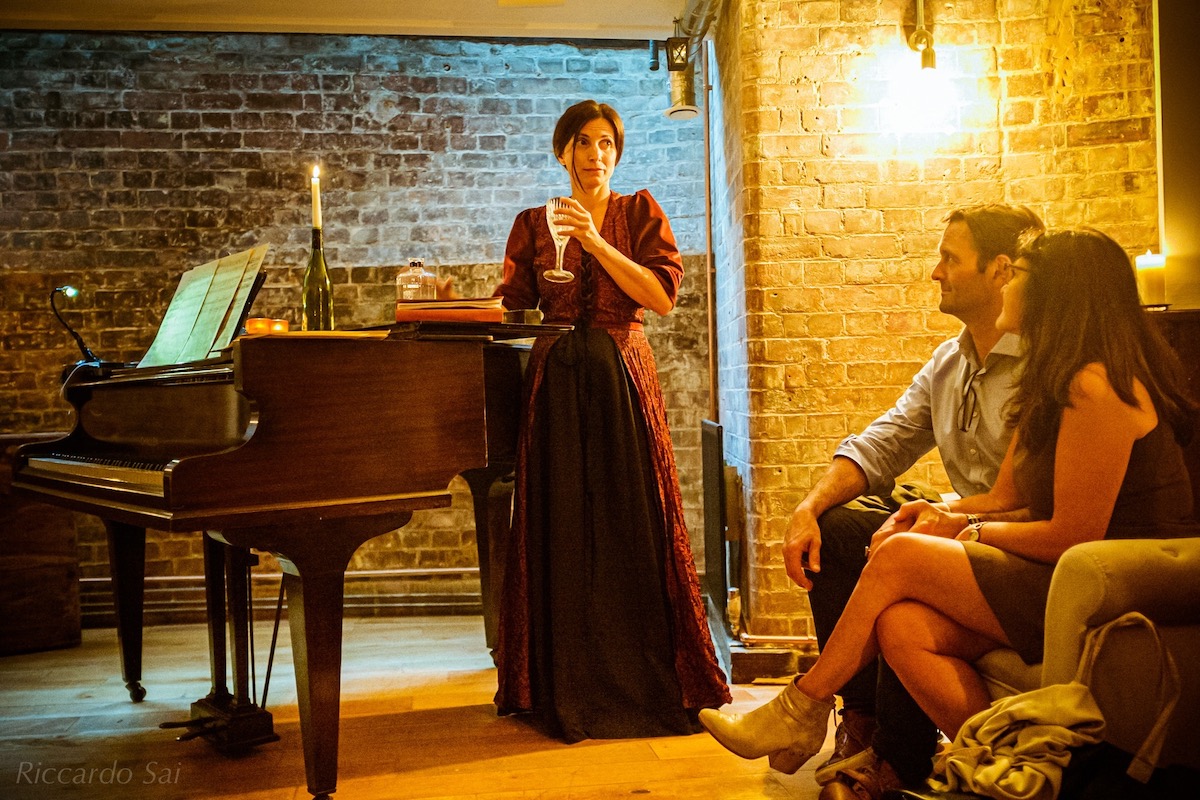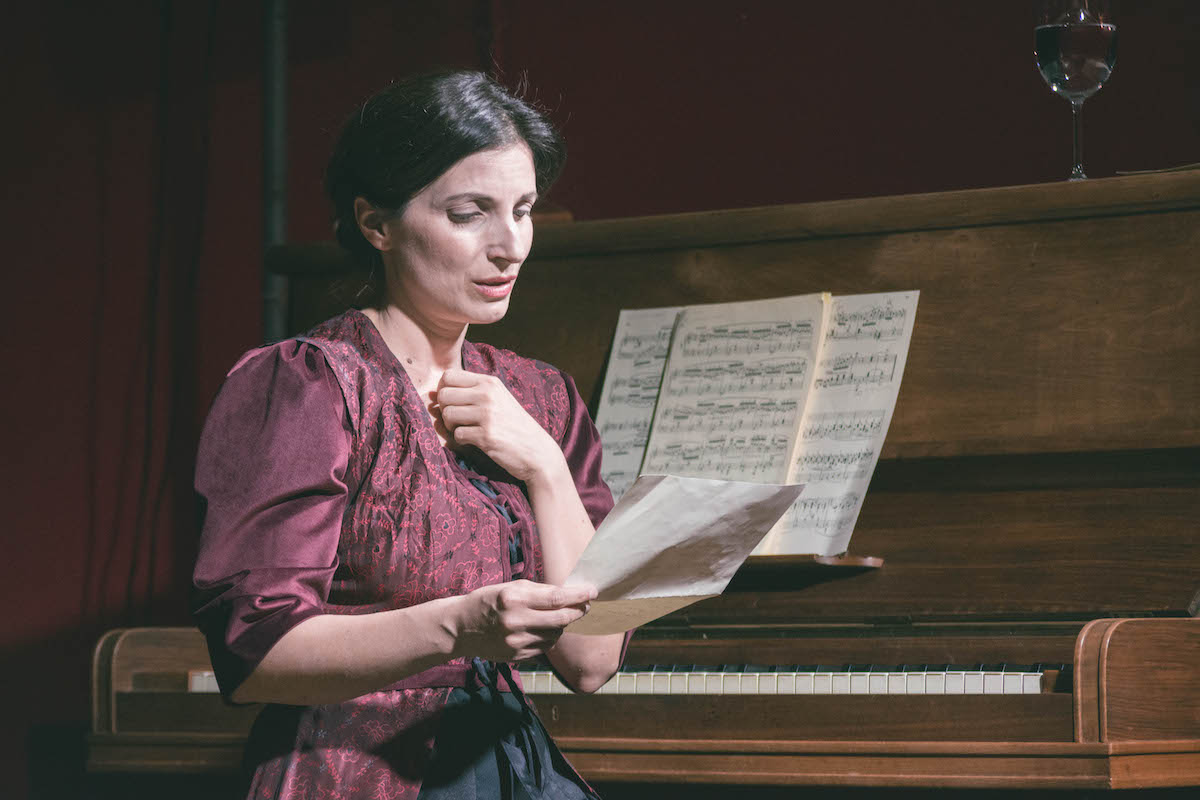Beautifully portrayed, writer and composer of Clara: Sex, Love & Classical Music, Elena Mazzon, says that the story of Clara Schumann is the pivotal identity that women still face today.
“I knew she existed as the wife of Robert Schumann, but then I started reading her story and it seemed to be very dramatic and many things occurred throughout her life. I thought she was perfect, and I really wanted to tell her story”, says Elena Mazzon.
It is all very common to hear the historical stories of famous men played out on stage, but it is not so often that we are able to watch and listen to the stories of their wives or of famous women. This is why Clara: Love, Sex & Classical Music is so pivotal and important in bringing to light the complicated and often contradictory life of Clara Schumann to stage.
Elena Mazzon, writer and composer of Clara: Sex, Love & Classical Music, does an extraordinary job at playing the German classical composer and pianist – someone who is considered to be one of the most talented and distinguished pianists of the Romantic era, despite the tribulations she faced throughout her lifetime.
The play begins later in Clara’s life with her impending date with Johannes Brahms – a composer and pianist from Hamburg. Clara is nervous to go on a date with a man who is 14 years her junior, who was good friends with her husband and who she often had internal fantasies about while he was living in their house. Before reaching a decision, the play then moves into documenting Clara’s relationships with her father, her composer husband who died young in a mental asylum, her children and finally, her love for playing and performing music.

Elena performing Clara. Image supplied.
The most interesting dynamic is the dilemma Clara has with her domestic identity, the expectations that are placed on her purely for being a woman and having children and the guilt she feels over trying to pursue her musical career, knowing she is the main provider for the family and highly commended throughout Europe.
Her father, a tyrant, was so focused on Clara becoming a prodigy that he stopped her from attending school so that she could practice music. He believed that by shaping her musical career for her, he was giving her a choice to not be in the shadow of a man and that she would be void of becoming a housewife, a child bearer and an expense. This was until Clara met and fell in love with Robert Schumann. With Robert, her relationship with her father ended – calling her a traitor – and her musical career was also defined by her eight pregnancies and this guilt for leaving her children with nannies and nurses while she toured.
At the conclusion of the play, Clara states she was just a child bearer who hoped for miscarriages and her musical career was masked by domesticity.
- Clara, Sex Love and Classical Music. Photographed by XLFilms. Image supplied
- Clara, Sex Love and Classical Music. Photographed by Eva Petrill. Image supplied
Despite the small setting and the noise from the busy street outside, Elena told this complicated and difficult story with as much poise and femininity as Clara would have expressed in her time. Even though Clara existed over 100 years ago, the issues she faced are still very relevant today.
Overall, there is one thing that is important to note: the stories of women who brought a societal issue to light, who did what they loved and made strong decisions in a society that relegated women to a subordinate role, need to be told. This is why the story of Clara told within Clara: Sex, Love & Classical Music, told by the extraordinary Elena Mazzon, is a play everyone needs to watch. If not for the discussion of these issues, then for a brilliant actress who takes you back in time.
For more information and upcoming shows visit Elena Mazzon – Clara: Sex, Love & Classical Music.
Editors note: Hunter and Bligh were gifted an experience with to view Clara: Sex, Love & Classical Music. All reviews are authentic and are in no way influenced by our partnership.





